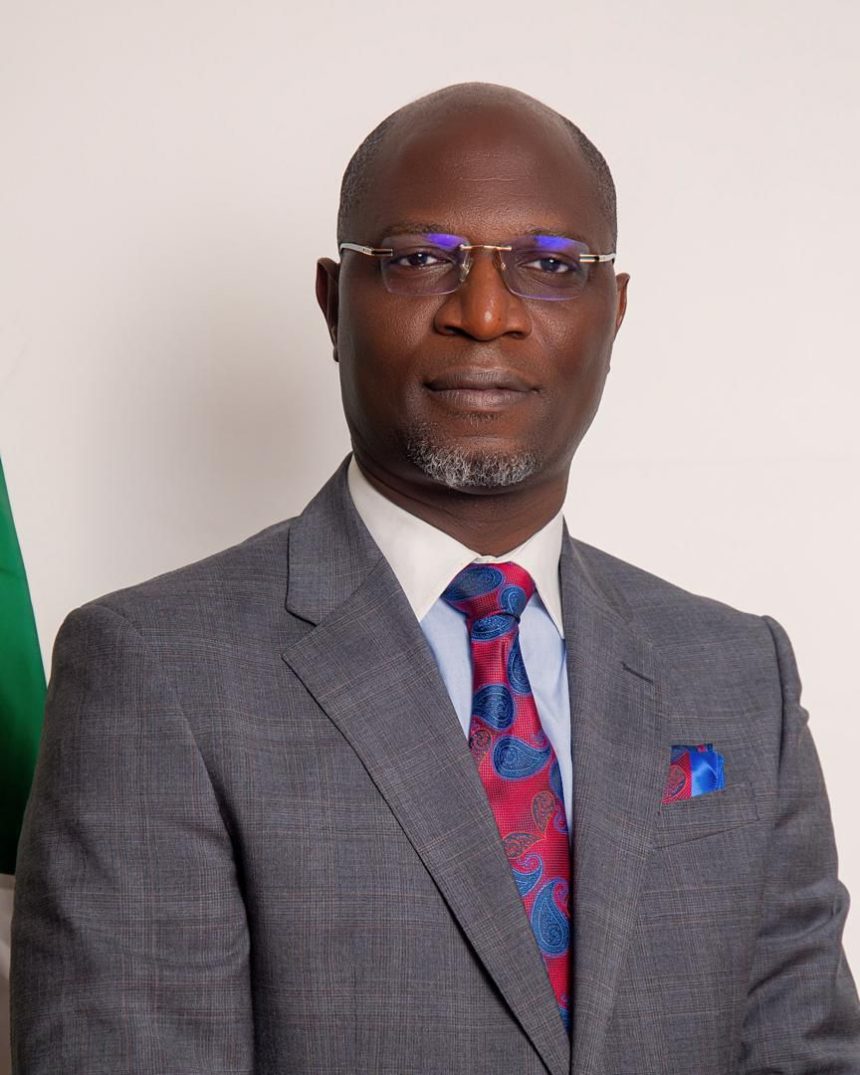Nigerian Banks Raise ₦1.682trn Through e-Offering Platform – SEC DG
By Patience Ikpeme
The Securities and Exchange Commission (SEC) has announced that Nigerian banks have collectively raised approximately ₦1.682 trillion through its recently launched e-offering platform as part of their recapitalization efforts.
The disclosure was made by the SEC Director-General, Dr. Emomotimi Agama, during the Chartered Institute of Stockbrokers (CIS) Conference held in Ibadan, Oyo State.
According to a statement released by the Commission on Wednesday, the funds were raised via 12 applications from nine banks, with several other applications still being processed. Dr. Agama attributed the success of the exercise to the adoption of technology, which he described as a transformative tool for the Nigerian capital market.
“The e-offering platform played a critical role in facilitating the recapitalization exercise, enabling banks to mobilize over ₦1.7 trillion. This highlights the importance of technology in driving the market and attracting more investors,” Agama said.
He noted that the Commission continues to explore technological solutions for monitoring, surveillance, and other market operations to enhance efficiency and foster market growth.
Dr. Agama also outlined measures introduced by the SEC to streamline market operations and improve the attractiveness of the Nigerian capital market. These initiatives include the introduction of electronic filing systems, enhanced regulatory frameworks, and reduced listing timelines, all of which aim to boost investor confidence and market liquidity.
“These steps have shortened the time to market, allowing companies to access funding more quickly, thereby increasing liquidity, strengthening investor trust, and enhancing Nigeria’s competitiveness as a capital market hub,” he explained.
The SEC Director-General expressed optimism about Nigeria’s capacity to achieve President Bola Tinubu’s $1 trillion economic target, emphasizing the role of the capital market in providing the long-term funding needed to drive economic growth and diversification.
“Nigeria’s economy holds immense promise. To unlock its full potential, we must focus on long-term financing, which only the capital market can offer. This includes funding for infrastructure, innovation, and diversification beyond oil exports,” Dr. Agama stated.
He commended the federal government’s proactive approach to strengthening the banking sector, noting that the recapitalization exercise aligns with broader economic reforms under the Renewed Hope Agenda.
Dr. Agama also highlighted the importance of transparency in the banking recapitalization process, which was facilitated by SEC’s regulatory framework. He explained that the Commission provided clear guidelines to ensure a smooth and credible exercise, enabling greater participation by Nigerians.
“The SEC’s framework enhanced transparency and integrity throughout the recapitalization exercise. This is essential for building trust in the system and positioning banks to support the real sector effectively,” he said.
The recapitalization initiative stems from the Central Bank of Nigeria’s (CBN) directive issued in March 2024, which mandated higher capital requirements for banks. The directive was aimed at fortifying the financial sector to enable it to play a pivotal role in achieving Nigeria’s economic goals.
Dr. Agama reaffirmed the SEC’s commitment to leveraging technology and fostering financial inclusion to create a more robust and inclusive capital market. He emphasized that these efforts are vital to aligning the financial sector with Nigeria’s long-term economic ambitions.




